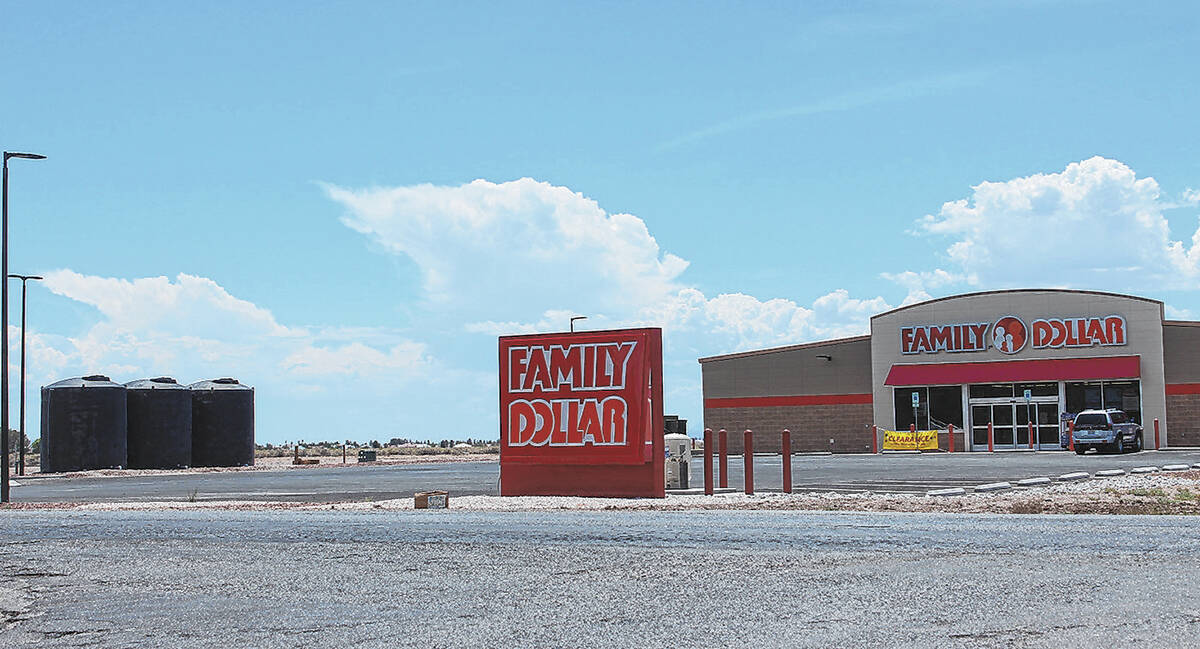Should you buy groceries at the Dollar Store?
If the U.S. experiences yet another phase of the COVID-19 pandemic, we could see another wave of stocking up on groceries. Ideally, we would all just order every single one of our grocery items online for home or curbside delivery, ensuring a potentially safer and more seamless shopping experience.
But online grocery shopping usually costs more than buying in store, and there’s often a need for an unplanned quick trip to get something last minute.
To save on costs and time, dollar stores stand out as attractive alternatives to supermarkets. They certainly don’t tout anywhere near the level of selection or curation, but you can often find basics such as canned and dried foods — and sometimes even more time-sensitive must-haves, such as produce and refrigerated beverages.
But is buying food from the dollar store a smart idea? It really depends on what you’re buying and how well you’ve done the math. Perhaps surprisingly, there are instances in which you’ll pay more for essentials at the dollar store than you would at a grocery mart.
Julie Ramhold, consumer analyst with DealNews, says there’s nothing wrong with purchasing groceries at the dollar store, but it’s important to know what to look for and what to avoid.
Check the expiration dates: “The biggest thing is making sure the ‘best by’ or expiration dates haven’t already passed on the items you purchase,” Ramhold said. “The turnover rates of these items might not be the same as a regular grocery store; so, if they move slower, there might be more expired items (or items nearing expiration) on the shelves.”
Convenience comes at a cost: “Potentially you could end up paying more than if you were to shop at a standard grocery store, but sometimes the convenience might be worth it,” Ramhold said. “The best thing is to note the prices at your go-to grocery store and then check the same (or similar) items the next time you’re at the dollar store. Then you’ll know … whether it’s worth it or not. Be sure to look at the unit price, too — not just the overall cost.”
You will have fewer choices: “Depending on the dollar store you’re shopping at, there’s a chance that the selection could be pretty limited, especially for things like fresh produce,” Ramhold said. “Keep this in mind when preparing to make a shopping trip, as it will likely limit how much of your grocery list you can check off. Although, if you only need a few things, it could be a convenient solution.”
Alas, not everything costs a dollar: “Contrary to the name, not everything at the dollar store will cost only $1 — and if it does, then odds are you’re going to get a very tiny amount,” Ramhold said. “Picking up a gallon of milk and a dozen eggs may be around $7 at a standard grocery store; but, shopping at the dollar store, those items may end up being over $10 — it just depends on the store you shop.”
Items that are good to get from the Dollar Store
Shelf-stable items: “Most shelf-stable items, like packaged foods, should be perfectly fine to get. Just pay attention to their ‘best by’ dates to ensure you have enough time to consume them,” Ramhold said.
Spices: “If you’re buying ground spices, there’s potential to find really great deals on these items at the dollar store. Just remember that they may not be as potent, so you might end up wanting to use more,” Ramhold said. “And, if you do that, the potential bargain might not be as good as it initially seemed.”
Items that are bad to get from the Dollar Store
Perishables: “These may be very limited in brands, which may force you to pay more if the store carries premium brands over generics,” Ramhold said. “This extends to fresh produce as well, which even if they do have a decent selection, the quality may be lacking depending on how often they receive a shipment.”
Baking supplies: “The odds are good that pantry staples like flour and sugar may end up costing you more at the dollar store than if you were to purchase from a big-box retailer like Target,” Ramhold said.
This article originally appeared on GOBankingRates.com.

















